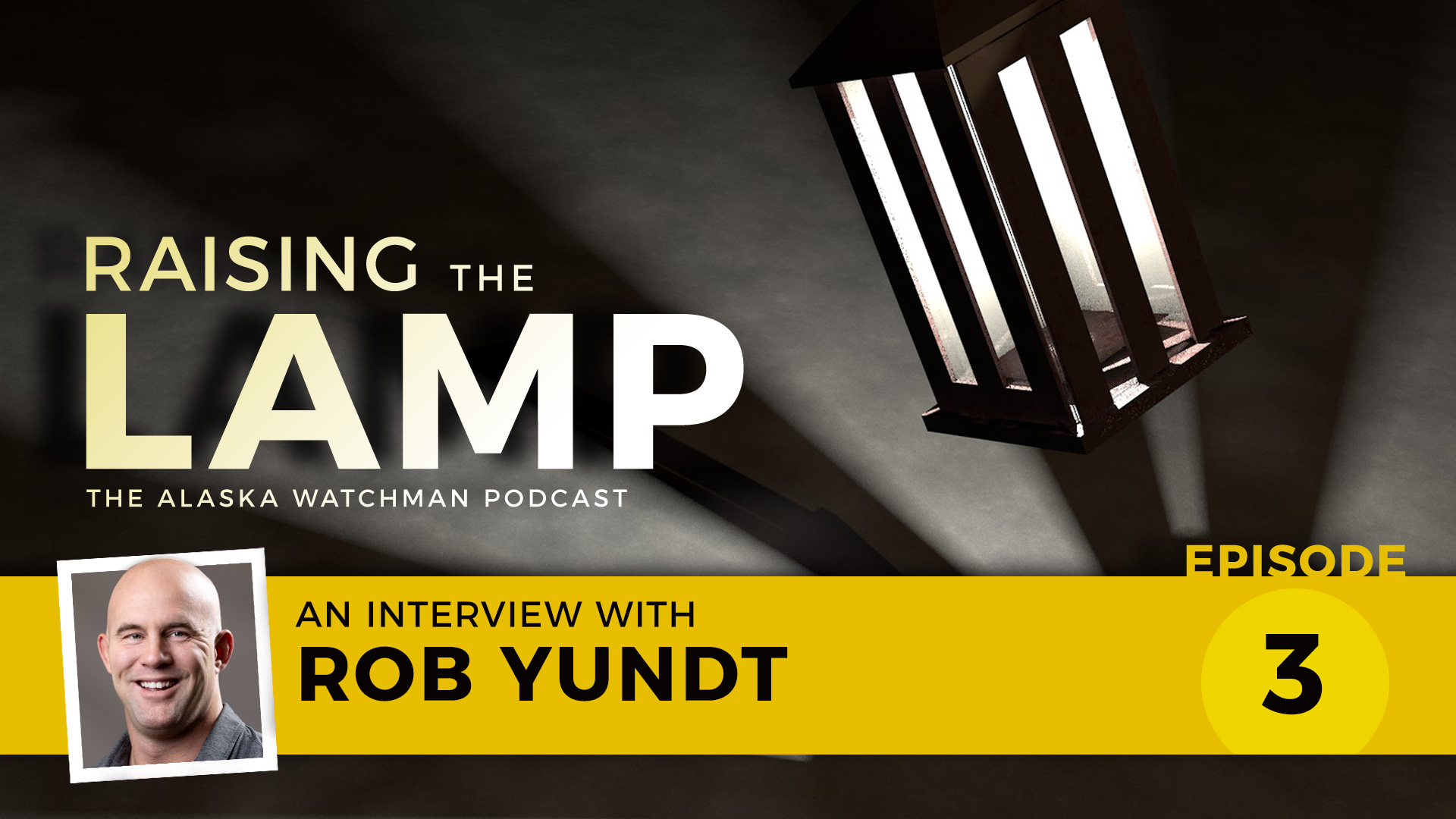
With scores of religious schools scattered across Alaska, Catholics, Protestants, Evangelicals and others could be impacted by a religious freedom case headed to the U.S. Supreme Court.
On Wednesday the high court agreed to consider whether the government can control who a church school chooses to teach its religion classes. In Our Lady of Guadalupe School v. Morrissey-Berru and in St. James Catholic School v. Biel, the Becket Fund for Religious Liberty is defending two California Catholic elementary schools’ right to choose ministers that reflect their faith without government intrusion.
When the U.S. Court of Appeals for the Ninth Circuit ruled against both religious schools’ ability to choose their teachers, Becket appealed to the U.S. Supreme Court, which agreed to weigh in on both cases. The Ninth Circuit is also the court which deals with federal cases from Alaska.
In Hosanna-Tabor, a similar Becket case in 2012, the Supreme Court unanimously upheld the “ministerial exception” for a church school, a First Amendment right that allows religious schools to choose their religion teachers. The ministerial exception protects religious groups’ ability to choose “ministerial” employees without intrusion from government bureaucrats or courts. Most courts have ruled that ministerial employees are those who perform essential religious functions, like instructing children in the tenants of the Catholic faith. But in both Our Lady of Guadalupe School and St. James School, the Ninth Circuit rejected this widely accepted standard.
“Parents trust Catholic schools to assist them in one of their most important duties: forming the faith of their children,” said Montserrat Alvarado, vice president and executive director at Becket. ”If courts can second-guess a Catholic school’s judgment about who should teach religious beliefs to fifth graders, then neither Catholics nor any other religious group can be confident in their ability to convey the faith to the next generation.”
According to a Becket statement, Agnes Morrissey-Berru and Kristen Biel played “crucial roles” in teaching the Catholic faith to their fifth-grade students.
“Both taught a religion class, integrated Catholic values into every subject they taught, joined their students in daily prayer, and accompanied students to Mass and other religious services,” the statement explains. “However, when each school decided not to renew the teachers’ contracts based on a history of poor performance, both teachers sued.”
In December 2018, the Ninth Circuit ruled against St. James Catholic School. In April 2019, the court also ruled against Our Lady of Guadalupe School. While both teachers had key religious responsibilities, the Ninth Circuit still deemed that their work was not religious enough. Nine Ninth Circuit judges wrote a scathing dissent criticizing the rulings. In response, leading legal scholars and various religious groups condemned the rulings as dangerously wrong.
“Do we really want judges, juries, or bureaucrats deciding who ought to teach Catholicism at a parish school, or Judaism at a Jewish day school? Of course not,” said Eric Rassbach, vice president and senior counsel at Becket. “Religion teachers play a vital role in the ecosystem of faith. We are confident that the Supreme Court will recognize that under our Constitution government officials cannot control who teaches kids what to believe.”







